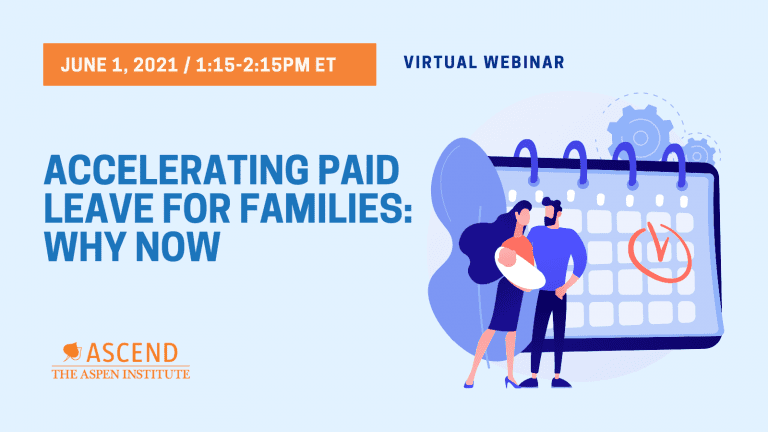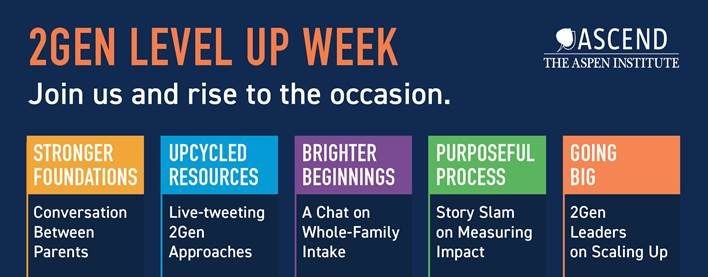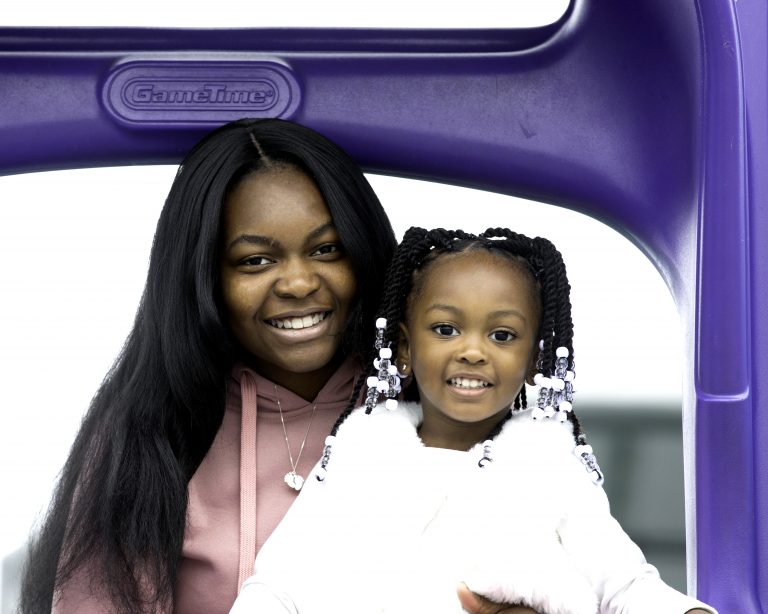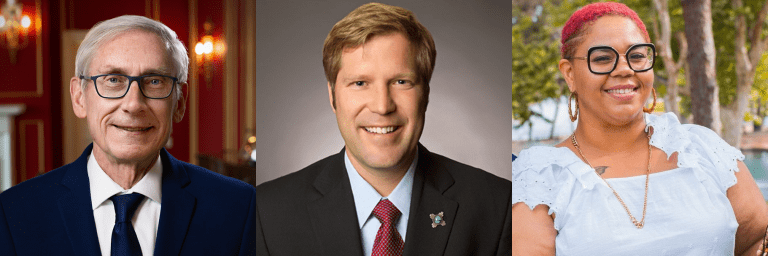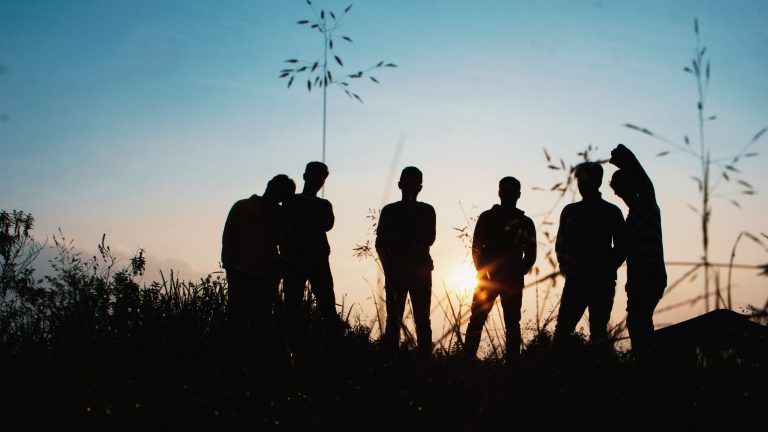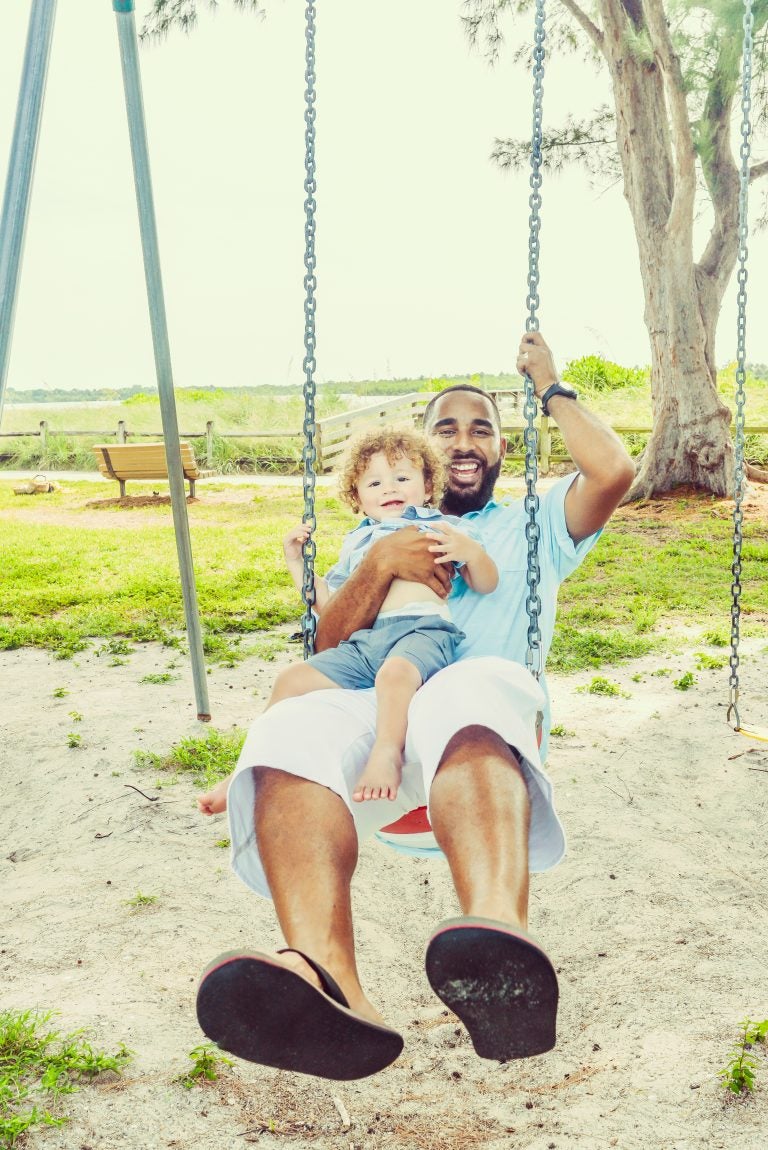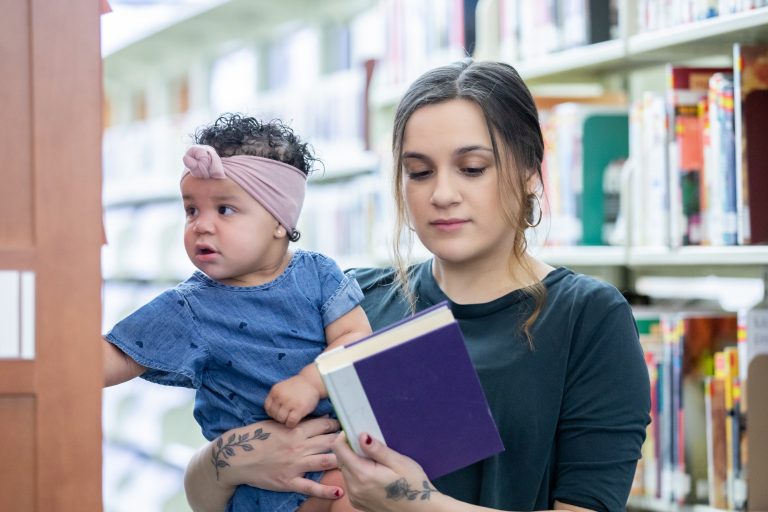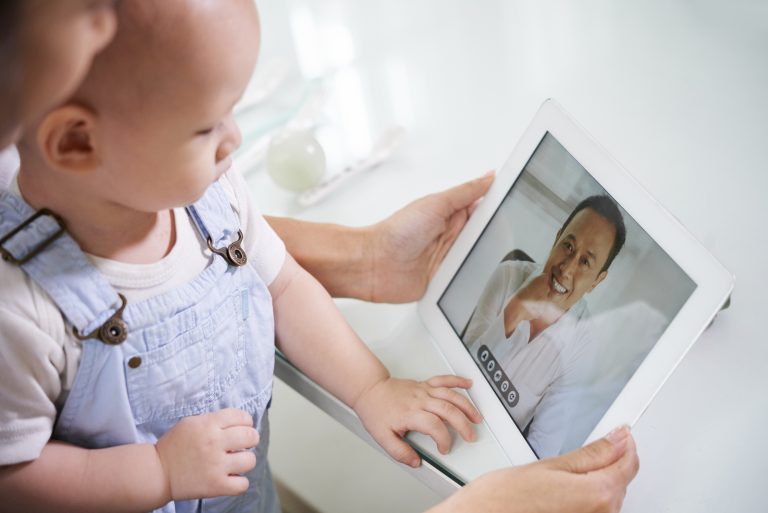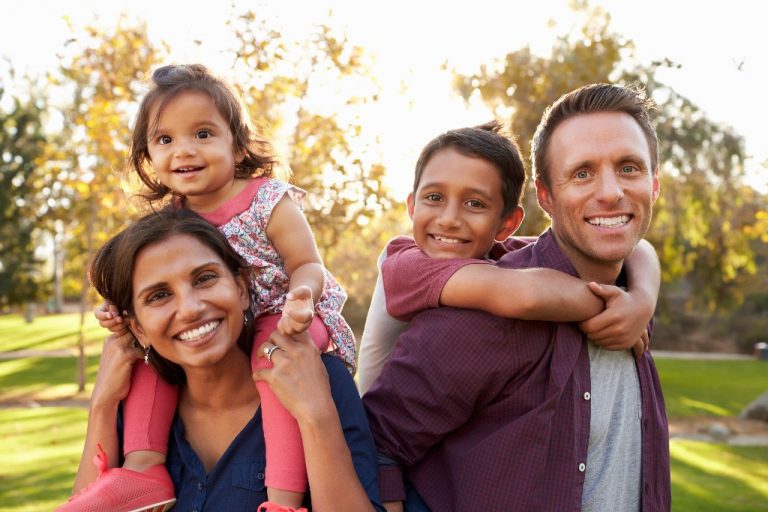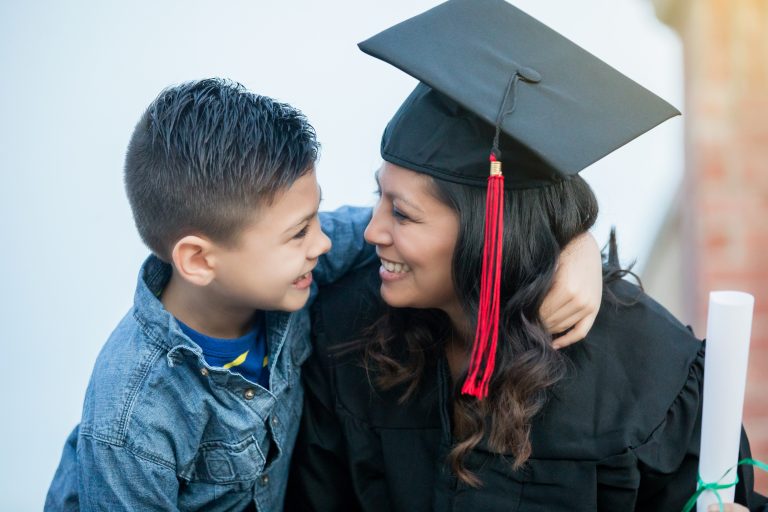WEBINAR: Supporting Justice-Involved Families
In September, Ascend held the third in a series of Masterclass Webinars for our national Network. The webinar, “The Power of Reentry: Supporting Justice-Involved Families,” featured Ascend Network Partners working directly with justice-involved individuals and families, who spoke to the challenges facing this community and the opportunities for successful reentry and family wellbeing.
Speakers on the webinar included:
- John Till, Senior Vice President of Innovation and Strategy, The Family Partnership
- Kristine Longfield, Intern, The Family Partnership
- Bettie Kirkland, Executive Director, Project Return
- Larry Craig, Program Services Director, Project Return
- Melanie Steinhardt, Director of Development & Communications, College & Community Fellowship
Check out the webinar recording on our GoTo channel here.
Our speakers shared an immense breadth and depth of knowledge and expertise on empowering individuals and families to thrive in education, employment, and beyond. As a follow-up to the discussion, we asked each organization to share responses to some of our listeners’ questions. Read on for their answers.
How does your program do outreach to populations who may be difficult to reach or be hesitant to participate in programs such as yours?
- The Family Partnership: With respect to engagement, The Family Partnership’ PRIDE program is staffed and led by primarily women of color, mirroring the majority of survivors of sex trafficking in Minnesota. Historically, the team has been predominantly African American women, but in recent years staffing has included American Indian and Latina women as well. Because LGBTQ people and male and trans youth also experience sexual exploitation, but are often poorly served/underserved/refused services by domestic violence shelters and programs (and it is worth noting that the Violence Against Women Act and Federal Office of Justice Programs policies prohibit such discrimination is service provision) we also have a staff position that specializes in work with male youth and LGBTQ and trans youth. We also have a history of hiring survivors who have done the work to get out of the life, and have spent the time required to heal and recover. Survivors can provide important insights into how services can be improved, and can be very effective with participant engagement. We also do street and community outreach. Street outreach may be worth talking about for a moment. We are currently carrying out multiple street outreach events weekly on the Lake Street corridor in South Minneapolis, on streets where residents and businesses have borne the disproportionate impact of sex trafficking for decades. Condoms and syringes in front yards and alleys, people getting high in businesses’ restrooms, public commercial sex, lurking pimps and johns. All of these factors erode quality of life, and the area where we are doing the outreach are the city census tracts with the greatest number of households with young children. So we do street outreach to provide basic care items to trafficked individuals (condoms, wipes, water bottles – consider this a harm reduction approach) as well as information on how we can help them. We also meet at least twice each month with local residents, businesses, and public officials to tackle the tough issues surrounding the impact of housing precarity/scarcity, homelessness, the sex and drug trade, and the opiate crisis on neighbors and local businesses. Nearby we are also doing outreach in the largest homelessness encampment in the country – an encampment that grew rapidly this summer on public land in the heart of the city.
- Project Return: We do in-reach and outreach. For in-reach, we go into correctional facilities, on a near-daily basis, across the city, region, and state, to connect with people before they are released from incarceration, in order to give them a good sense of who we are and what we do, so that they will hopefully choose to come to us when they get out. Our outreach is less frequent and mostly entails 1) periodic visits to various transitional housing organizations to connect with people who work there, so that together we can continue our partnerships along the lines the shared interest in the people we serve; and 2) selectively participating in community events where we can connect with people who – either themselves or their loved ones – could benefit from our programs and efforts.
- College and Community Fellowship: This has always been an issue for CCF. Many people do not want to disclose their CJ history in public. We do outreach by offering College Awareness Workshops anywhere that we think there may be women eligible for the program – this includes other CJ service organizations, churches, community centers, and correctional facilities. In our 18 years of service, the #1 form of recruitment is by word of mouth.
What is the size and reach of your program? (geographic spread and number of families and/or individuals served)
- The Family Partnership: The Family Partnership’s PRIDE program served 273 sexually exploited women and youth in 2017; in a typical year we also provide training to 1-2K non-profit professionals, justice/corrections personnel, apartment/hotel managers, and community residents on the signs of commercial exploitation and how to help trafficked individuals.
- Project Return: Project Return served nearly 1,000 men and women in 2017, and nearly 400 of those were new to us in that year (with the remainder being in continued service from the prior year). We have a statewide reach in the sense that we connect with all penitentiaries across our state and people releasing from any and all of those come to our agency when they get out. But we are based in one city (Nashville) and our employment and other services are thus available to people who are coming to the greater metropolitan area.
- College & Community Fellowship: Direct Services: About 100 women each year in NYC enrolled in our programs, and outreach to an additional 400-600 women; Advocacy: About 30 women in advocacy training each year, and an additional 500-1000 people participating in national calls to action; Technical Assistance: 5-6 sites per year, an about 50 professionals trained annually.
How do you incorporate and highlight mental health services for your participants?
- The Family Partnership: The Family Partnership’s PRIDE program is located directly above our outpatient mental health clinic, however utilization by PRIDE participants has always been very low. In part this may be due to stigma about mental health issues in communities of color, as well as participants over-involvement with systems that repeatedly diagnose and/or adjudicate them in various ways. A related issue is that individuals who have experienced high ACEs and trauma often have impaired executive functioning, which can make keeping regular, scheduled appointments extremely difficult.Over the last two years, we have completely redesigned our approach to providing mental health services. We now have a seasoned mental health clinician co-facilitating all PRIDE groups. This increases participants’ familiarity with a mental health counselor and counseling as a service modality, normalizes the idea of getting help through counseling, and helps staff manage mental health symptomology and trauma responses that commonly arise in group settings. The presence of a therapist also increases staff’s skill, awareness, and empathy when they might otherwise see a participant being “difficult”, “disruptive”, or “disrespectful”.Finally, our new design does not require mental health billing or a diagnosis. Counseling services are instead grant-funded. This makes things like no-shows less of a big deal; no-shows are a killer for an outpatient mental health clinic that does third party billing. No less importantly, the therapist is available to do crisis work, longer therapy sessions, or brief interventions. She also provides clinical consultation for the entire PRIDE team. Engagement and retention of PRIDE clients in counseling services has improved significantly because of this more flexible approach.
- Project Return: We have close partnerships with providers of mental health services in our city, and we are readily able to refer people to those organizations, and do so selectively depending on the particular need and where is the best match. We also provide transportation for our folks to those service providers, and we assist with costs. Understanding our participants’ needs and particular histories/challenges, around mental health and otherwise, is very much a part of how we build our participant relationships and serve them optimally, incorporating principles of trauma-informed care into our daily work. We have made the intentional decision, however, not to provide clinical mental health therapeutic services under our roof, thereby keeping our focus on employment-centered services and retaining that level of clarity for the people we serve.
- College & Community Fellowship: Our service delivery is trauma-informed, meaning we approach student interactions with compassion and training to deal with trauma triggers, reactions, and general sensitivity. We refer out to several organizations that provide more intensive mental health services. Our one-on-one counseling and community support emphasize the need for self-care and healthy relationships, which we model for our students.
Related Posts
